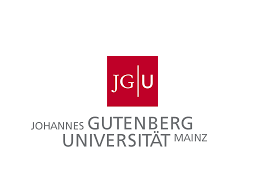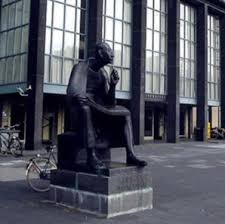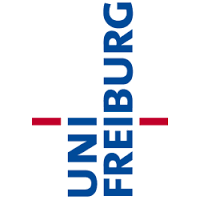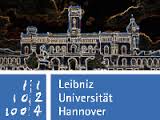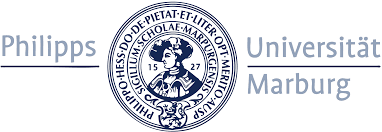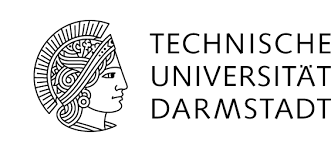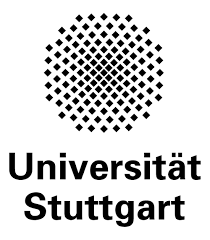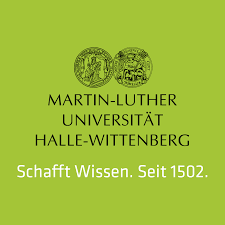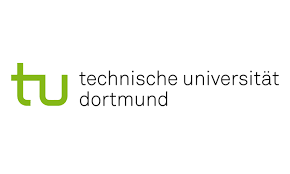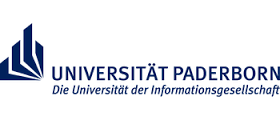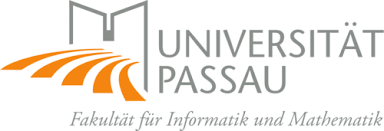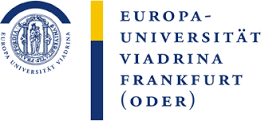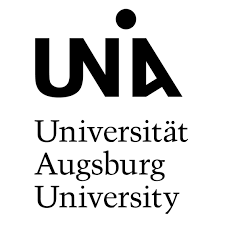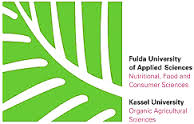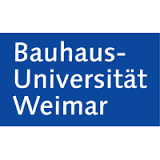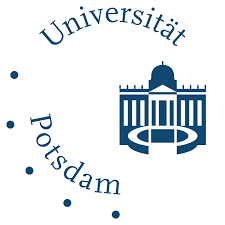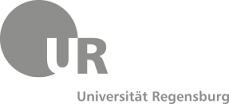Germany
5. Do I need to speak German?
The language of instruction at most universities in Germany is German. All students undertaking a German-taught program will need to be able to demonstrate a firm knowledge of the language, either by means of a language test result or by taking a preparatory course. Accepted proficiency tests are the DSH (German Language University Entrance Examination for International Applicants), TestDaF (Test of German as a Foreign Language), GDS (Goethe Institut German Language Diploma) and the DSD (German Language Diploma of the Standing Conference of the Minister of Education and Cultural Affairs, Level II). If you are only studying in Germany for one or two semesters you may not need to provide this evidence.
If you have a limited knowledge of German, you could consider taking an English-language program. There are a growing number of English-taught programs at universities in Germany, particularly at postgraduate level. If you are a non-native English speaker, you may be required to provide proof of your English-language proficiency with a TOEFL or IELTS result. If your chosen school requires this, they will list proof of English-language proficiency as an entry requirement.
However, even if you do study in Germany in English, it’s advisable to learn the basics of the German language to enable you to communicate more effectively with the local residents.











